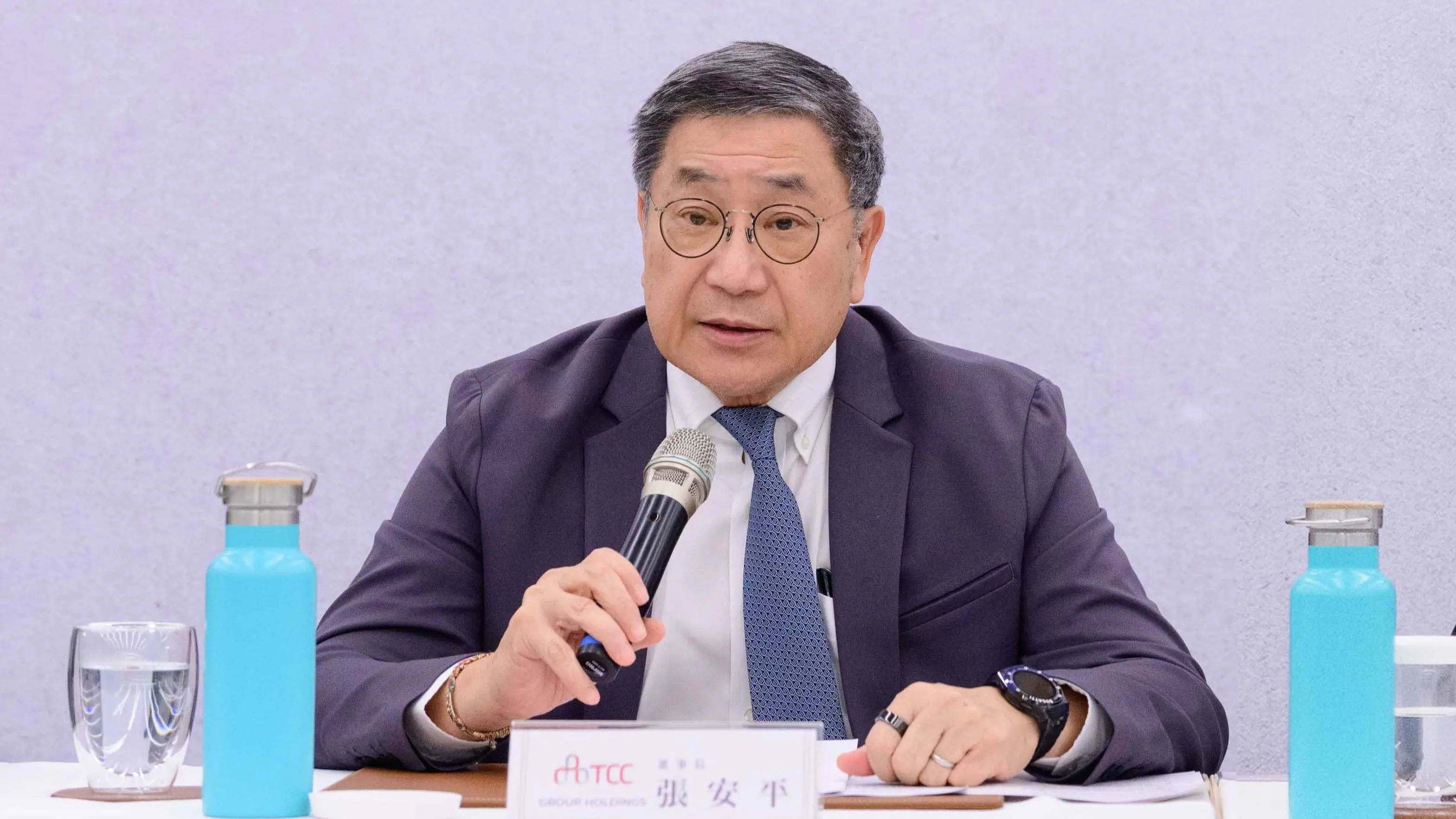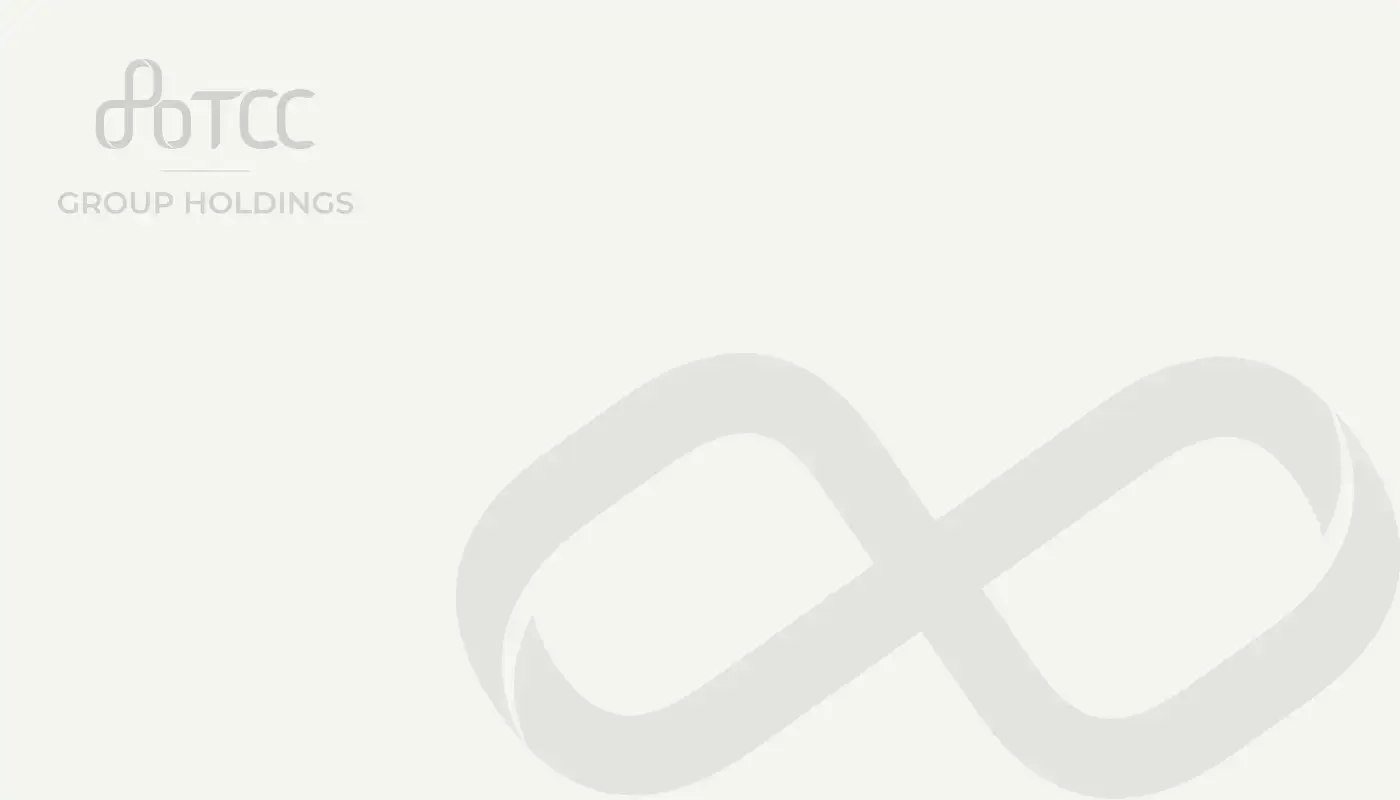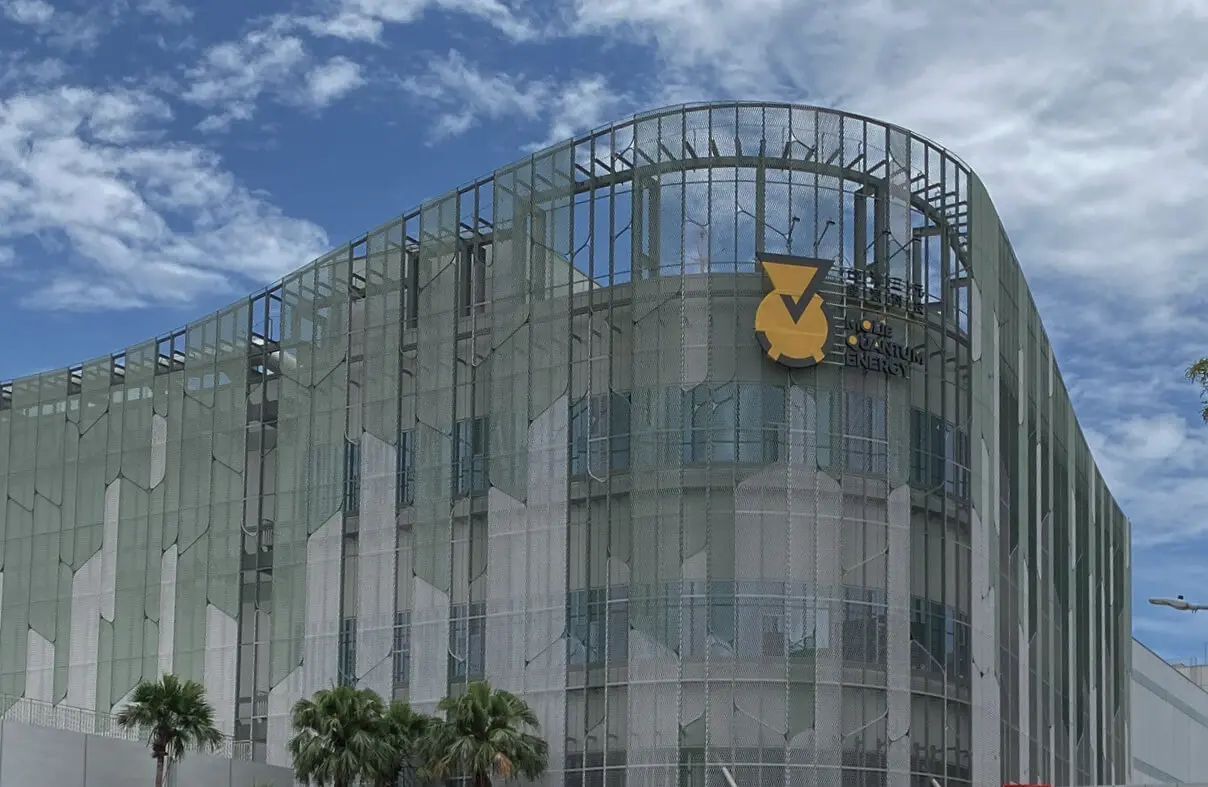Forged Through Setbacks, Keep Moving Forward for Taiwan's Battery Cell Technology
Forged Through Setbacks, Keep Moving Forward for Taiwan's Battery Cell Technology
2025.08.13
-
Copied

Dear media friends, industry leaders, and all those who care about TCC Group Holdings, greetings.
First, I want to express my most sincere apologies to all TCC shareholders and the public for the unfortunate incident at Molie Quantum Energy Corporation (MQE) battery plant in the Xiaogang District of Kaohsiung City.
On the morning of July 14, upon receiving news of the fire at MQE battery plant, I immediately changed my flight in the U.S., returned to Taoyuan Airport at the earliest possible time, and took the high-speed rail to arrive at the scene before 9:30 a.m. on July 15. Since the incident, my team and I at TCC have been working tirelessly, day and night, to find answers. We have been examining not only the accident itself but also the responsibilities we must shoulder on our journey in this industry.
In humanity's transition from traditional energy to clean energy, battery cell technology is an indispensable core. Yet, this path is full of challenges. Over the past two years, we have seen many once-ambitious European and American battery cell ventures retreat under the pressure of low-price competition; numerous battery plant construction plans have either failed, been delayed, or were forced to be canceled. The competition in the battery cell industry is not just about technology—it is also a battle of willpower.
Nevertheless, we firmly believe Taiwan should have the capability to contribute to the energy transition. In less than two years, TCC's battery cell team turned the Kaohsiung MQE battery plant from blueprints into reality, achieving stable production for the past year and a half. Our high-end Molicel products have even passed the strictest safety tests from the UK Civil Aviation Authority (CAA), the U.S. Federal Aviation Administration (FAA), and the European Union Aviation Safety Agency (EASA). These achievements strengthen our confidence in Taiwan's own R&D capabilities.
In the second half of this year, MQE battery plant was at a critical moment of full order capacity, ready to take bold steps forward with the trust given to us by our customers.
However, just at this hopeful moment, an accident occurred. This fire burned not only a battery factory—it was also a serious challenge to TCC and to Taiwan's emerging battery cell industry.
In facing such a setback, the easiest path might be to give up. We could say, "Since this road is so difficult, and society has yet to fully understand the battery cell industry, let's stop here." But as a corporate leader, I must ask myself seriously: Is that truly a responsible choice?
If TCC—having invested substantial resources and positioned the battery cell industry as one of our core future developments—were to retreat after a single setback, what impact would that have on Taiwan’s emerging battery cell industry?
Our customers are not just ordinary companies; they are pioneers in cutting-edge fields such as aerospace, AI backup battery units (BBU), and zero-emission electric vertical take-off and landing aircraft (eVTOL). They stand at critical turning points in their industries, and our Molicel products are key enablers for them to overcome technical bottlenecks and push into the future. International clients trust our technology to pass the most rigorous verifications, jointly pioneering the next generation of zero-carbon flight and AI data centers. If we were to give up, we would not only betray our customers’ expectations but could also become an obstacle to Taiwan’s technological advancement, even affecting the progress of global frontier technologies.
In response to this fire, we are thoroughly reviewing every detail. We believe that the development of high-end ternary battery cell technology must not stop, and Taiwan's industrial green transition must not stagnate.
Therefore, TCC's answer is: We will face the challenge.
The accident at MQE battery plant made it clear that while Molicel's R&D capabilities have gained international recognition, there is still much room for improvement in factory management. TCC and Molicel will adopt a rigorous and pragmatic approach, turning this painful lesson into more complete and safer standards—making our company not only a leader in low-carbon technology but also one that provides society with high safety standards and a trustworthy commitment to sustainability.
More importantly, our commitment is not only to the industry but also to people. For many of our colleagues at MQE battery plant, this is not just a job—it is their hope for rooting advanced technology and building stable lives in their hometowns of Kaohsiung and Tainan. We cannot let their hopes be shattered by a single accident.
We believe true progress comes from the courage to face mistakes and the wisdom to learn from setbacks. As a corporate leader, my responsibility is not only to lead the team but also to find a steadier and brighter path in the face of adversity. Together with TCC's management team, we will uphold this spirit, keeping open the possibility of collaborating with the world's top teams in the battery field. We will refine our business model through the lessons of setbacks—not only to safeguard the rights and interests of all employees and shareholders but also to ensure Taiwan's continued participation and contribution on the global battery cell stage.
More Related Information
-
 2025.08.13TCC Group Holdings (TWSE: 1101): One-Month Report on the Fire Incident at Molie Quantum Energy Corporation (MQE) Battery Plant
2025.08.13TCC Group Holdings (TWSE: 1101): One-Month Report on the Fire Incident at Molie Quantum Energy Corporation (MQE) Battery Plant -
 2025.07.28Molie Quantum Energy Xiaogang Plant Fire Incident Progress Report (July 14 - July 27)
2025.07.28Molie Quantum Energy Xiaogang Plant Fire Incident Progress Report (July 14 - July 27) -
 2025.07.28Molie Quantum Energy Proactively Submits Internal Investigation Report, Invites Fire Experts to Assist, Fully Committed to Restoring Community Trust
2025.07.28Molie Quantum Energy Proactively Submits Internal Investigation Report, Invites Fire Experts to Assist, Fully Committed to Restoring Community Trust


